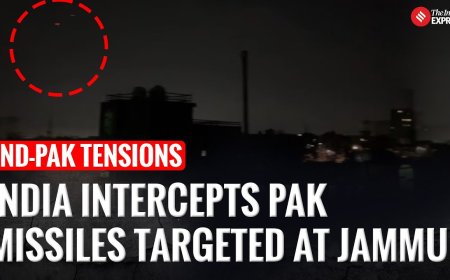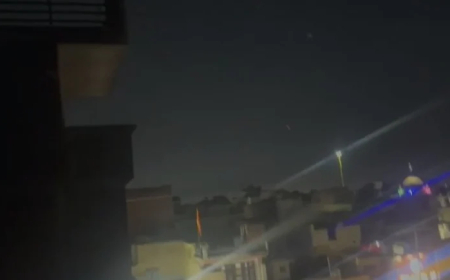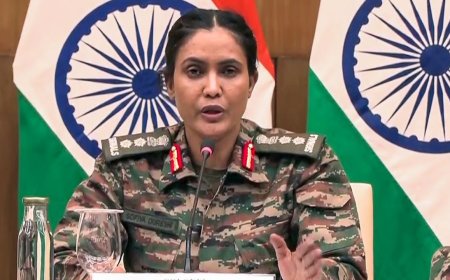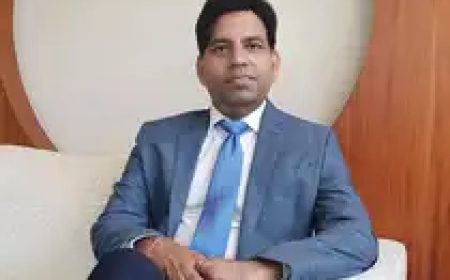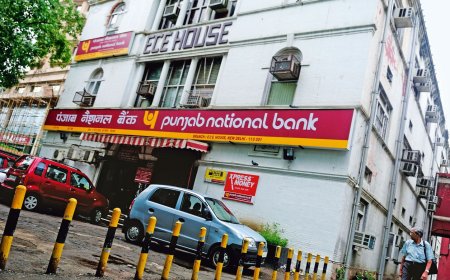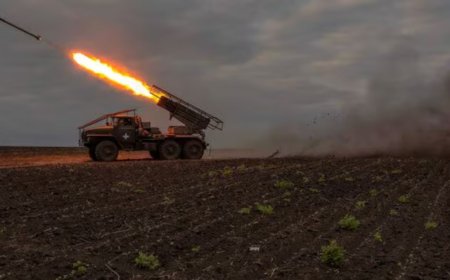Finding cash at home does not prove misconduct: Sibal tells Supreme Court for Justice Varma
Kapil Sibal defends former judge Justice Varma in SC, arguing that cash seizure doesn't prove misconduct. Legal, political, and market implications analyzed.
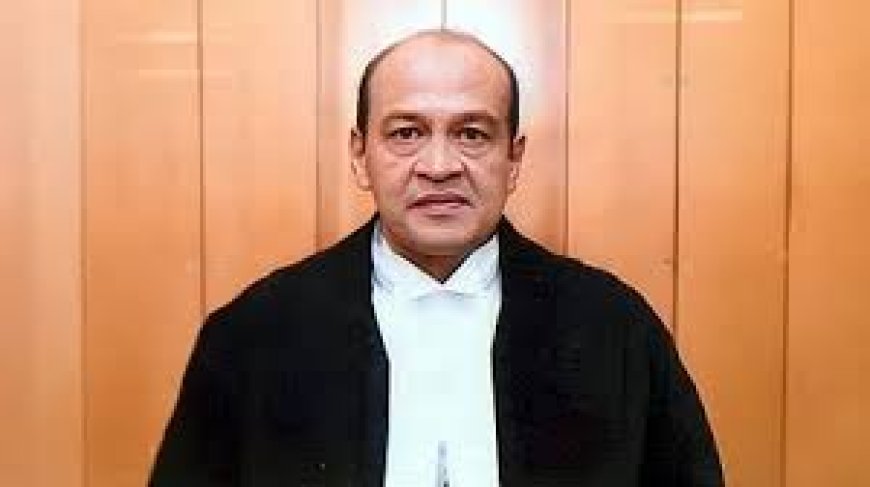
New Delhi, July 28, 2025 — Senior advocate Kapil Sibal, appearing before the Supreme Court, asserted that the mere recovery of cash from one’s residence cannot be construed as automatic proof of misconduct. The remark was made during a hearing on a writ petition filed by Justice Arindam Sinha (Retd.), challenging the Central Bureau of Investigation’s (CBI) inquiry and public perception surrounding the seizure of unaccounted cash from the Kolkata home of former Calcutta High Court judge, Justice Abhijit Varma.
The development comes amidst growing scrutiny of the judiciary by enforcement agencies, sparking intense debate about the independence of the judicial system and the standards of proof required in allegations of impropriety.
“Cash Alone Cannot Convict” – Sibal’s Key Argument
Representing Justice Varma in the Supreme Court, Sibal emphasized that possession of cash, however large, does not inherently indicate wrongdoing. “In a country where distrust of institutions is rising, we must not allow innuendo to replace evidence,” he argued.
He also questioned the procedural basis of the CBI’s preliminary enquiry. “There has been no formal charge sheet, no FIR. Yet, the damage to reputation is irreversible. This is trial by media, not by law,” Sibal submitted to the Bench led by Chief Justice D.Y. Chandrachud.
The defense argued that unless the source of the cash is conclusively established as illegitimate and directly linked to the discharge of public duty, invoking misconduct under judicial standards would be premature and dangerous.
Background: The Controversial Recovery and Subsequent Reactions
In April 2025, the CBI raided Justice Varma’s Kolkata residence and reportedly seized ₹2.14 crore in cash. The search, part of a broader investigation into alleged irregularities in judicial appointments and case allotments, drew sharp political and legal reactions.
While no direct evidence tying Justice Varma to bribery or illegal favors has emerged, the CBI claims the recovery points to possible quid-pro-quo arrangements during his tenure. Critics, however, argue the raid lacked transparency and was timed suspiciously close to a set of politically sensitive judgments.
Legal Experts Warn Against “Presumption of Guilt”
Legal commentators have expressed concern over the implications of linking cash recoveries to criminality without complete due process.
“Having cash at home may seem unusual, but it is not illegal unless proven to be proceeds of crime,” said Justice (Retd.) Madan Lokur. “To equate suspicion with misconduct without a proper investigation undermines the very foundation of legal reasoning.”
Echoing the sentiment, constitutional law expert Dr. Faizan Mustaq added, “This matter goes beyond one judge. It raises a fundamental question—can public servants be presumed guilty merely on the basis of optics?”
CBI’s Stand: Suspicion Based on Pattern of Behavior
While the CBI has not yet filed formal charges, it maintains that the seizure was not an isolated discovery but part of a broader pattern being probed. Sources suggest the agency is examining bank transactions, case allocation histories, and alleged links to litigants.
A senior official, requesting anonymity, stated: “We are proceeding with due caution. However, the accumulation of such a significant sum raises questions, especially given the profile of the individual concerned.”
Supreme Court Bench Observations: Due Process is Paramount
Chief Justice Chandrachud, during preliminary observations, reiterated that the judiciary must not operate in an “environment of fear.” He acknowledged the public concern but emphasized that institutions must protect both accountability and due process.
Justice Sanjiv Khanna added: “While transparency is necessary, the dignity of judges—sitting or retired—must be upheld unless evidence compels otherwise.”
The Bench is expected to continue hearing arguments over the admissibility and scope of the CBI’s preliminary inquiry next week.
Political Fallout: Opposition Slams “Targeting of Judiciary”
The seizure and subsequent inquiry have also triggered political turmoil. Several opposition leaders, including Congress MP Rahul Gandhi and Trinamool Congress chief Mamata Banerjee, alleged misuse of investigative agencies to intimidate the judiciary.
“This is not about justice. It’s about sending a message—fall in line, or face the consequences,” Gandhi said in a public rally.
In contrast, Union Law Minister Arjun Meghwal defended the inquiry, stating, “No one is above the law. If there is wrongdoing, even judges must be held accountable.”
Investor Perspective: Institutional Stability a Key Risk Factor
While the case has little direct impact on markets, analysts believe institutional instability could spook foreign investors, especially if seen as a pattern of executive interference in judicial processes.
“India’s judiciary has historically been a pillar of investor confidence. These events, if seen as political overreach, can raise red flags,” noted Deepali Desai, Chief Economist at Mirae Asset India.
She added, “Markets are watching not the outcome, but how the process is handled. Transparency and procedural integrity will be critical.”
Outlook: A Test Case for Judicial Independence
The Justice Varma case is shaping up to be more than a legal skirmish—it is increasingly seen as a test of judicial independence in India. Whether the Supreme Court sides with Sibal’s view or allows the investigation to proceed will set a precedent for future engagements between investigative agencies and members of the judiciary.
As hearings continue, legal and political stakeholders alike will be watching for signals on how India balances the fight against corruption with the preservation of constitutional protections.
What's Your Reaction?
 Like
0
Like
0
 Dislike
0
Dislike
0
 Love
0
Love
0
 Funny
0
Funny
0
 Angry
0
Angry
0
 Sad
0
Sad
0
 Wow
0
Wow
0




























































